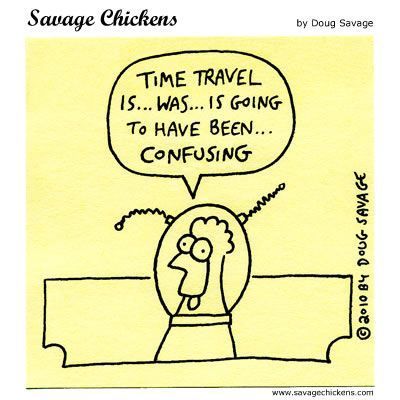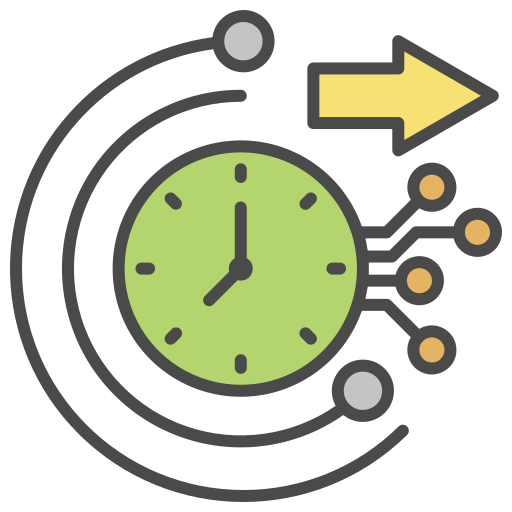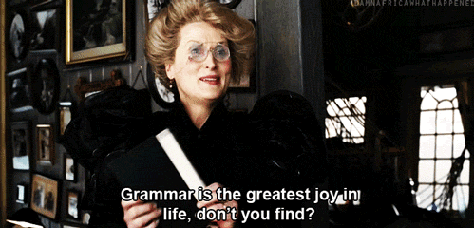Are you learning English and ready to take on future perfect tenses? With several different perfect tenses...it can all be understandably confusing.

Future perfect tenses can be tricky, but fear not! Soon, you will have perfected the concept of future perfect present tense in no time!
What is a verb tense?

Verb tenses express the time period for when an action happens. The future perfect tense is one of the three perfect verb tenses in the English language.
"I walked to school." That's a pretty general statement. How could you make this more specific? This is where perfect tenses come in.
What is a perfect verb tense?
Perfect verb tenses describe an action that we expect to be completed by a certain time.

"She walked to school." While this does express that the action is completed, it doesn't specify the exact time of the action.
How can you make this imply that an action will be completed in the future? This is where future verb tense enters the picture!
The formula for this is rather simple:
Postive: will have + [past participle] + by/in + [time period]
Negative: will not/won't have + [past participle] + by/in + [time period]
Question: will + (pronoun) + have + [past participle] + by/in + [time period]

"She will have walked to school by the end of the morning."
Let's take a look at some other examples:

I will have gone grocery shopping in the afternoon.
(The speaker will finish grocery shopping by a certain time in the afternoon.)

We will not have arrived at our destination by tomorrow.
(The speaker will not arrive at their destination until after tomorrow.)

Will she have cleaned the house by tonight?
(The speaker is asking if the house will be cleaned before tonight.)

Will they not have finished the project by Monday?
(The speaker is asking if the project will or will not be finished before Monday.)
Quiz time!

Summer break has finally begun for Sarah. Which of the following sentences correctly describes what she expects to do before the summer ends?
A. "I will visit my grandparents."
B. "I will have visited my grandparents by the end of summer."
C. "I visited my grandparents."
D. "I will already visit my grandparents during the summer."
Quiz
Which sentece is correct?
Take Action
The future perfect tense helps you talk about actions that will be completed before a specific time in the future. It makes your writing and conversations clearer by allowing you to express your thoughts more precisely.

Continue practicing using the future perfect tense in different situations, whether in writing, conversation, or even storytelling to strengthen your skills. Once you've got the future perfect tense down, consider exploring other perfect tenses:
Your feedback matters to us.
This Byte helped me better understand the topic.
